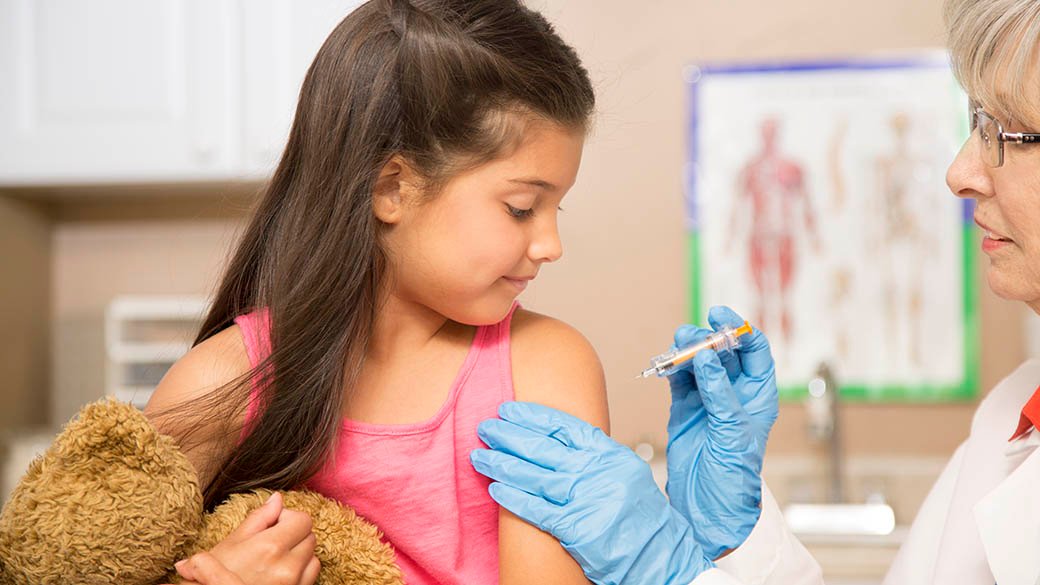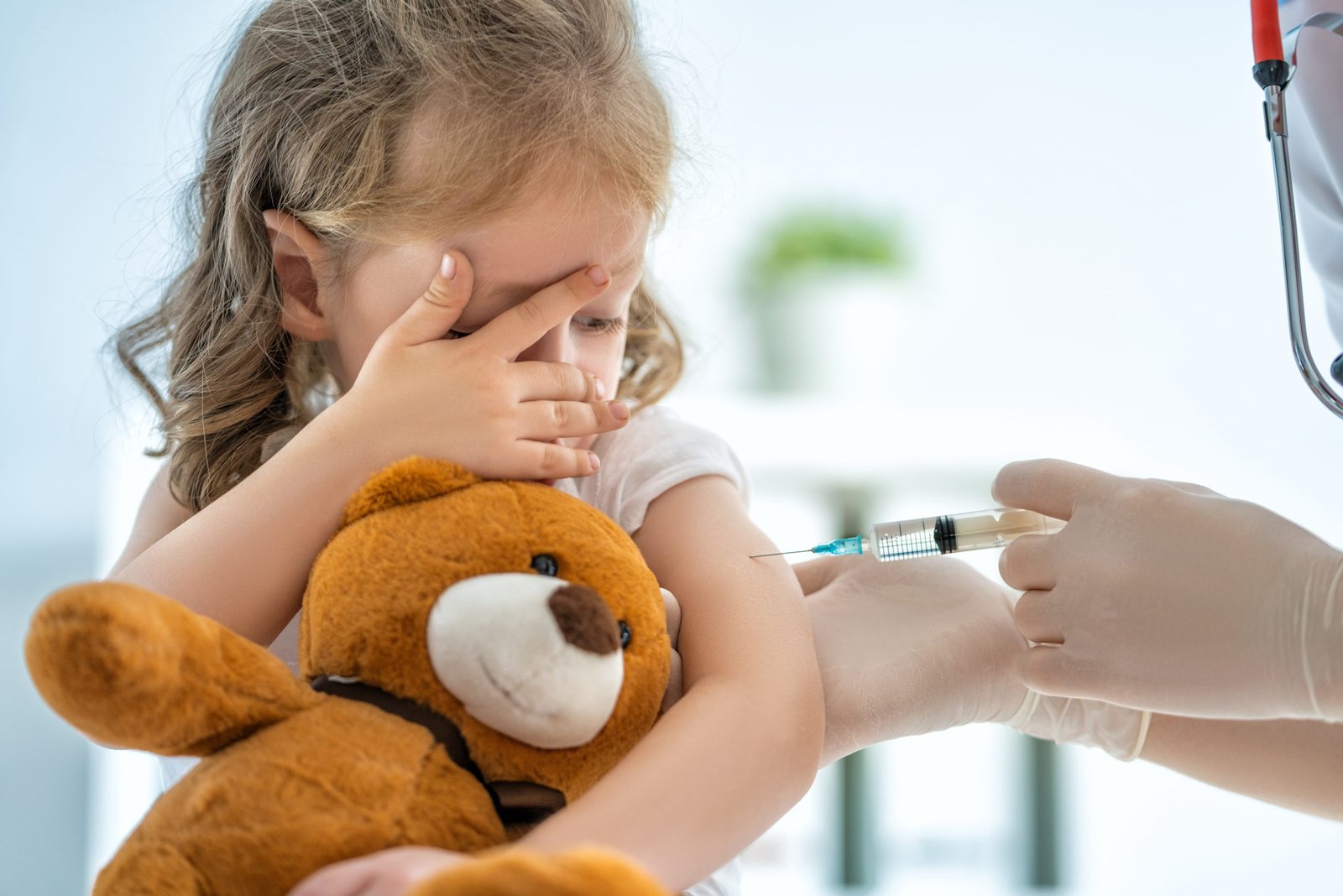Immunizations are one of the most powerful tools in modern medicine, playing a critical role in preventing disease, saving lives, and improving overall public health. From early childhood through adulthood, vaccines help protect individuals and communities from a wide array of infectious diseases that once caused widespread illness and death. In this article, we’ll explore what immunizations are, how they work, their history, benefits, and common concerns.
What Are Immunizations?
Immunizations, commonly known as vaccines, are biological preparations that help the body build resistance to specific diseases. They work by stimulating the immune system to recognize and combat pathogens such as viruses or bacteria. Most vaccines are administered through injections, although some are given orally or nasally.
When a person receives a vaccine, the immune system is “trained” to recognize the virus or bacteria, even if only a harmless part of it is introduced. This process creates a memory response that allows the immune system to respond quickly and effectively if exposed to the actual disease in the future.
The History of Immunizations
The concept of immunization dates back centuries. The first documented practice of inoculation occurred in ancient China and India, where smallpox material was used to build immunity. However, it was Edward Jenner in 1796 who pioneered the modern vaccine when he used cowpox to protect against smallpox. Jenner’s work laid the foundation for immunology and sparked a revolution in disease prevention.
Since then, immunizations have evolved dramatically. The 20th century saw the development of vaccines for diseases such as polio, measles, mumps, rubella, and hepatitis. More recently, vaccines have been developed for HPV, COVID-19, and shingles, offering broader protection than ever before.
Why Are Immunizations Important?
The benefits of immunizations go far beyond individual protection. Here are key reasons why they matter:
1. Preventing Deadly Diseases
Vaccines have drastically reduced or even eliminated many life-threatening illnesses. For example, smallpox has been eradicated worldwide thanks to an aggressive vaccination campaign. Polio is now close to extinction, and measles cases have decreased significantly in countries with high vaccination rates.
2. Protecting the Community (Herd Immunity)
When a large portion of a population is vaccinated, it becomes harder for a disease to spread. This herd immunity protects vulnerable individuals who cannot be vaccinated, such as infants, the elderly, or those with compromised immune systems.
3. Cost-Effective Health Strategy
Preventing diseases through immunization is often much cheaper than treating them. Vaccines reduce the need for hospitalization, long-term care, and time lost from work or school.
4. Contributing to Global Health
Vaccination efforts play a key role in controlling pandemics and epidemics. Organizations like the World Health Organization (WHO) and UNICEF coordinate global immunization programs to reduce disease burden in low-income countries.
Common Childhood Immunizations
Children typically receive a series of immunizations beginning at birth and continuing through adolescence. Some of the most common vaccines for children include:
DTP (Diphtheria, Tetanus, Pertussis)
MMR (Measles, Mumps, Rubella)
Hepatitis B
Polio (IPV)
Varicella (Chickenpox)
Hib (Haemophilus influenzae type b)
Rotavirus
Pneumococcal (PCV)
Following the recommended schedule ensures children are protected when they are most vulnerable.
Adult and Travel Immunizations
Immunization is not just for children. Adults may require booster shots, catch-up vaccinations, or vaccines related to travel or specific health risks. Common adult vaccines include:
Flu (Influenza)
COVID-19
Shingles (Herpes Zoster)
Tetanus-Diphtheria-Pertussis (Tdap)
HPV (Human Papillomavirus)
Hepatitis A and B
For international travel, additional vaccines may be required depending on the destination, such as yellow fever, typhoid, or malaria prevention measures.
Addressing Vaccine Hesitancy
Despite overwhelming scientific evidence supporting the safety and effectiveness of immunizations, some individuals remain hesitant or refuse to vaccinate. Misinformation, fear of side effects, religious beliefs, or mistrust in the medical system contribute to this hesitancy.
Healthcare providers play a crucial role in educating patients, addressing concerns, and providing accurate information. Open dialogue and transparency about potential risks and benefits can help build trust and improve vaccination rates.
The Future of Immunizations
The science of immunizations continues to advance. Researchers are working on next-generation vaccines for diseases like HIV, malaria, and certain cancers. mRNA technology, first widely used in COVID-19 vaccines, shows promise for rapidly developing vaccines in response to emerging threats.
Furthermore, innovations such as needle-free delivery systems, longer-lasting vaccines, and personalized immunization schedules may make vaccines more accessible and effective in the years to come.
Conclusion
Immunizations are a cornerstone of public health, offering protection from deadly diseases, supporting global health goals, and contributing to longer, healthier lives. Whether you are a parent, traveler, or concerned citizen, understanding the value of vaccines and staying up to date with your immunization schedule is one of the most responsible choices you can make—not just for yourself, but for the entire community. In a world that constantly faces new health challenges, vaccines remain a vital shield in the fight for a healthier future.
READ MORE – A Look at Joe Biden, Hurricane Beryl, and the Supreme Court of the United States


